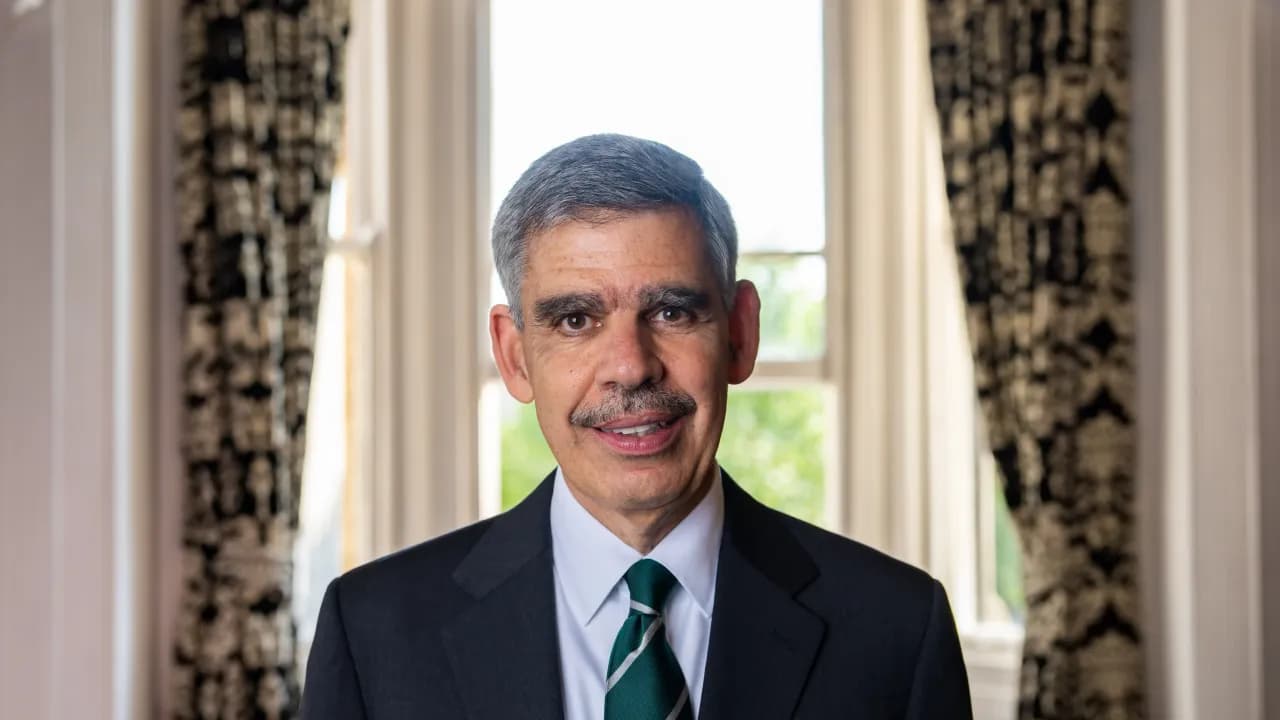The economist said that for the European Union and the U.K., the agreement significantly reduced the immediate threat of China rerouting exports to their markets.
After meeting unsuccessfully in Sweden in late July, the U.S. and China announced an extension of the tariff pause between the two countries until Nov. 10, just hours before the previous deadline expired.
The 90-day pause was announced through a joint statement, with President Donald Trump signing an executive order in this regard.
In a Substack post published on Tuesday, economist Mohamed El-Erian said, “Extending this truce is clearly in the short-term interest of both economies.”
“However, aligning their longer-term interests will prove exceptionally challenging, especially as the issues at play extend far beyond economics.”
The Egyptian-American economist, who serves as the President of Queens College, Cambridge, and chief economic adviser at Allianz, sees domestic politics, geopolitics, and national security casting a large shadow over these discussions.
The 90-day pause announced Monday is a mutually beneficial outcome for both countries, said the economist.
“For the U.S., it helps eliminate the risk of ’empty shelves for Christmas,’” he said, adding that “China, in turn, gains more time to consider its necessary mix of internal economic adjustments and export rerouting strategies.”
El-Erian also said the truce extension brings “significant relief” to much of the global economy, as it averts a breakdown in one of the most critical trading relationships, which would undoubtedly undermine already fragile global growth dynamics.
For the European Union and the U.K., the agreement lowered the immediate threat of China significantly rerouting exports to their markets.
The economist sees a lasting solution emerging through skillful negotiations, potentially culminating in a summit between Trump and Chinese President Xi Jinping. The ongoing Russia-Ukraine war adds further layers of complexity to talks, he added.
The tariff truce, however, did not buoy investor sentiment as the major U.S. averages squandered their intraday gains and ended lower on Monday. Futures trading showed a nervous opening for Wall Street stocks on Tuesday ahead of the release of the July inflation report.
That said, the Invesco QQQ Trust (QQQ), an exchange-traded fund (ETF) that tracks the Nasdaq 100 Index, and the SPDR S&P 500 ETF (SPY) are up 12.35% and 9.15%, respectively, for the year. The iShares MSCI China ETF (MCHI) has added about 25% in the same timeframe.
For updates and corrections, email newsroom[at]stocktwits[dot]com.<
